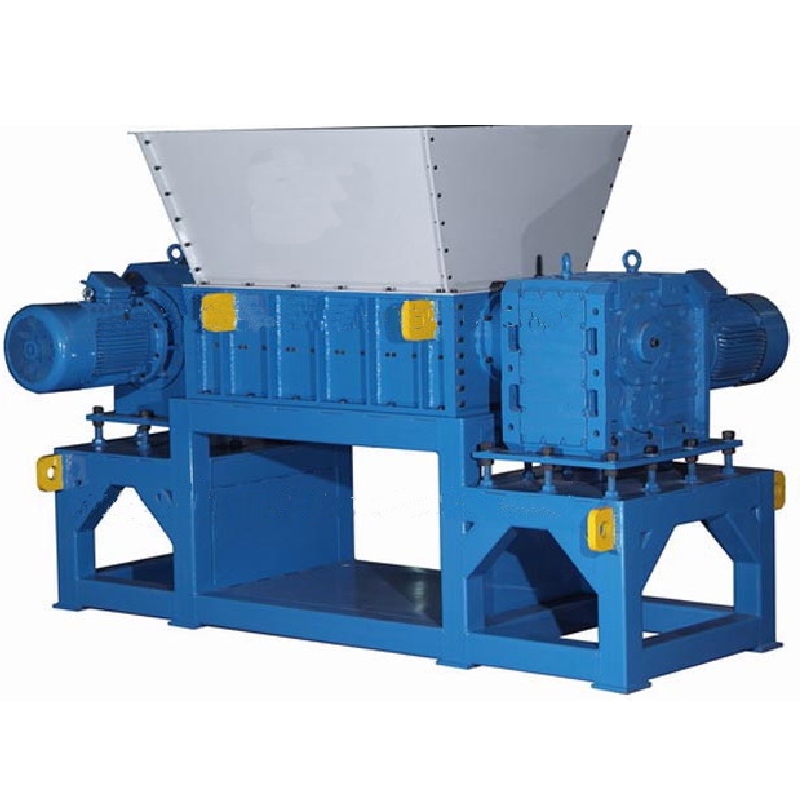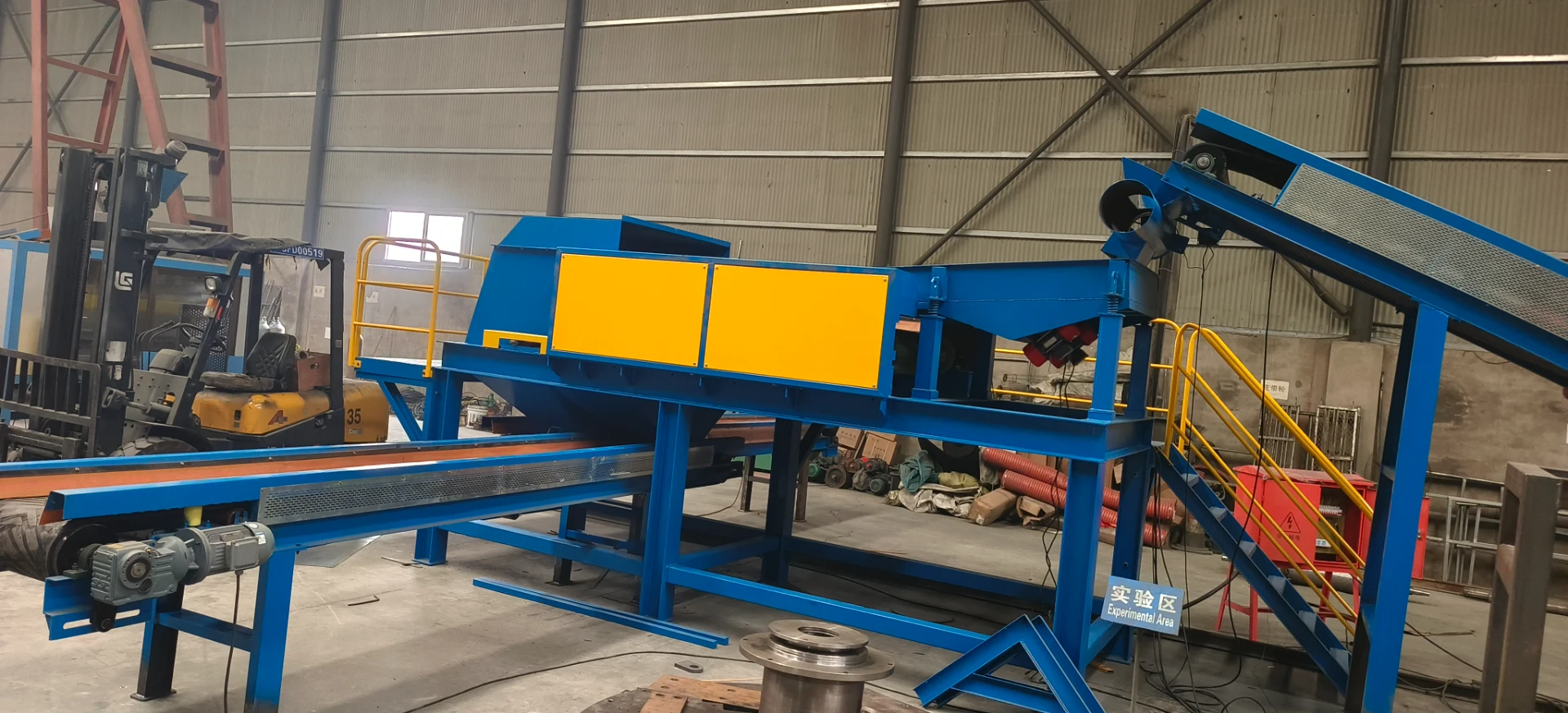Recycling old electronics is an essential practice that not only aids in environmental preservation but also ensures the responsible disposal of potentially hazardous materials. With the rapid growth of technology, electronic waste, commonly known as e-waste, has become a significant concern worldwide. As consumers constantly upgrade their devices, the question remains what is the best way to recycle old electronics effectively?

One of the first steps in recycling old electronics is understanding the components within these devices. Electronics are made up of various materials, including metals like copper and aluminum, plastics, and even precious metals such as gold and silver. Recycling these items requires separating and processing these materials appropriately, which reduces the need for mining virgin materials and conserves energy.
The idea of responsible recycling starts at home. Before taking your old electronics to a recycling facility, consider repurposing or donating functional items. Many electronic devices, such as smartphones and laptops, can still serve a purpose for someone else. Donating to local charities or refurbishing companies gives these items a second life, extending their usability and delaying their journey to a landfill.

However, not all electronics are suitable for repurposing, and that's when recycling becomes necessary. It's crucial to find certified e-waste recyclers. Look for organizations following the Responsible Recycling (R2) standards or e-Stewards. These certifications ensure that the recyclers adhere to environmentally sound practices, guaranteeing that hazardous wastes are managed safely, and materials are efficiently reused and recycled.
Retail take-back programs are another convenient option for recycling old electronics. Many electronics manufacturers and retail stores have established take-back initiatives. Companies like Best Buy and Staples offer programs where consumers can drop off their unwanted electronics at retail locations. These organizations dismantle the devices and ensure that components are recycled or disposed of responsibly.
Additionally, various local governments hold e-waste recycling events, providing residents with an accessible way to dispose of their electronic waste. At these events, professionals handle the segregation of materials, ensuring compliance with local and national waste management regulations. Participating in these programs ensures that your electronics are recycled in a manner that upholds environmental integrity and public health standards.
how do you recycle old electronics
For those particularly concerned about data security, it's important to emphasize the importance of securely wiping your devices before recycling. Simply deleting files is not enough; consider using software tools designed to permanently erase data or consult professionals who can guarantee the secure destruction of your information. This step not only protects your privacy but also increases trust in the recycling process.
It's also worth exploring the innovative world of digital detoxing and conscious purchasing, which can mitigate the accumulation of future electronic waste. By adopting practices like buying sustainable technology, investing in modular devices that are easier to upgrade, and supporting companies with robust take-back schemes, consumers take an active role in shaping a circular economy.
Manufacturers play a crucial role in this ecosystem as well. Many are adopting eco-design principles, focusing on creating products that are easier to disassemble and recycle. These proactive efforts contribute to a system where old electronics are not just seen as waste, but as resources that can be transformed and reused in new products.
Furthermore, legislation and policies supporting e-waste recycling are gaining momentum globally. Initiatives mandating producer responsibility encourage companies to take back their products and recycle them, shifting the onus from consumers to manufacturers. As these laws become more prevalent, they drive industry-wide changes that lead to more sustainable practices.
The recycling of old electronics is more than just a trend; it is a responsibility that involves each stakeholder, from consumers to manufacturers, retailers to policymakers. By understanding the impact of e-waste and taking concrete steps to recycle it effectively, we contribute to a healthier planet. Through community involvement, acknowledgment of the intrinsic value of electronic components, and respect for the intricate processes involved in their recycling, we embrace a sustainable future.



